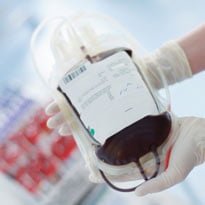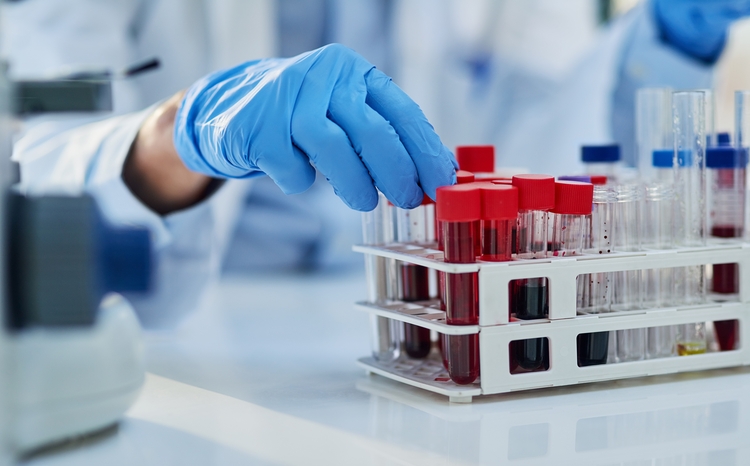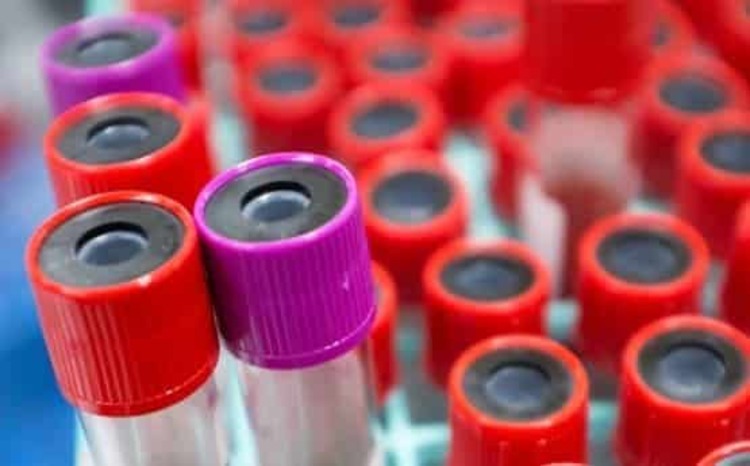NHSBT blood pilot to start in Liverpool
- 10 January 2013

The third of three pilot projects to improve the management of blood products in the NHS will get underway in Liverpool this month.
Royal Liverpool and Broadgreen University Hospitals NHS Trust will run the pilot as part of NHS Blood and Transplant’s Integrated Transfusion Services Programme.
The trust will refresh its MSoft Bloodhound systems for the pilot, and then use them to send information on blood use to NHSBT, while tracking the use of blood across its hospitals.
Matt McAlister, MSoft eSolutions’ managing director, said: “We look forward to this process being adopted by the NHSBT as standard once it is out of trial, and to it being successfully rolled out to all our other current and future clients.”
NHS Blood and Transplant manages blood and blood products for the NHS in England and Wales. In 2011, it worked with a number of hospitals and other stakeholders to analyse its supply chain and hospital transfusion processes.
A key part of the work was to look at how extending the use of IT systems into hospitals could improve efficiency, make the best use of donations, and improve the service received by patients.
As a result of this work, the agency set up an Integrated Transfusion Services Programme with three components.
The first of these is to pilot smarter systems for stock management with hospitals, to help calculate and hold optimum stock levels, and to minimise wastage.
Three hospitals volunteered to pilot this part of the programme. Blackpool Victoria Hospital started its pilot in August and Royal Bournemouth Hospital followed in November.
Royal Liverpool and Broadgreen is an MSoft flagship site. The trust and the company have been working together for six years to roll-out the Bloodhound system, which is now used at four NHS hospitals and a private hospital in Liverpool.
For the new pilot, MSoft has entered into a joint venture with the trust and NHSBT. It will be the primary controller of units of blood and blood products when they arrive at the hospitals from the agency.
Bloodhound will be used to control the stock and Bloodhound Hub, a web-based access system, will be used to make sure every unit can be tracked from arrival to use.
McAlister explained that when units of blood and other blood products arrived at the hospital, the relevant NHSBT electronic delivery note will be scanned and checked at a Bloodhound kiosk.
The Bloodhound system will send the information to the trust’s Telepath laboratory information system, through which staff can reserve units for use. It will also be used to track the delivery of units to blood fridges and patients, as already happens.
“NHS BT will now have full access to stock information at the trust, which will help it to maintain sight of stock in the local area, and allow minimum, maximum and optimum stock levels to be automatically adjusted without hours of trawling through reports,” McAlister said.
“The final factor in this project is the information that comes out at the other end of the process, for which NHS BT doesn’t get full statistics currently – the fate of the unit.
“Information, without patient data, about what units have been transfused, wasted or returned, including information about how many times it was in and out of a fridge and how long for, will now be available for NHSBT – from when it left the driver to when it reached its final fate.”
The other elements of the ITS Programme will see NHS Blood and Transplant working with hospitals to improve transfusion and to optimise its own supply chain and performance management.
MSoft says it has won all eight of the NHS tenders it bid for in the past year, from trusts across England.




